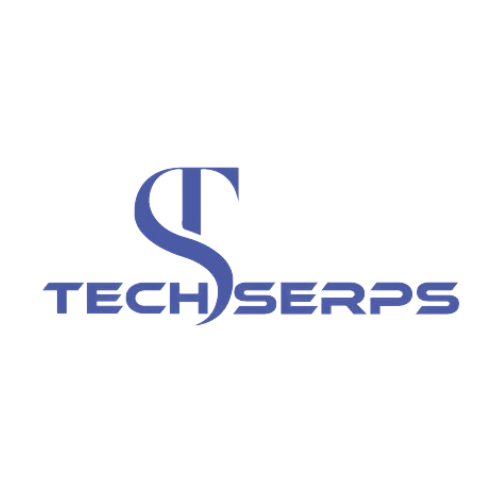In an increasingly digital world, the healthcare sector has embraced technological advancements, leading to a surge in demand for professionals skilled in healthcare information technology (HIT). But is healthcare information technology a good career path? Combining technology and healthcare expertise, HIT offers a rewarding and impactful career for those looking to make a difference while enjoying job stability and growth opportunities. This comprehensive guide explores why Healthcare Information Technology is a top choice for career seekers, its challenges, and how to excel in this field.
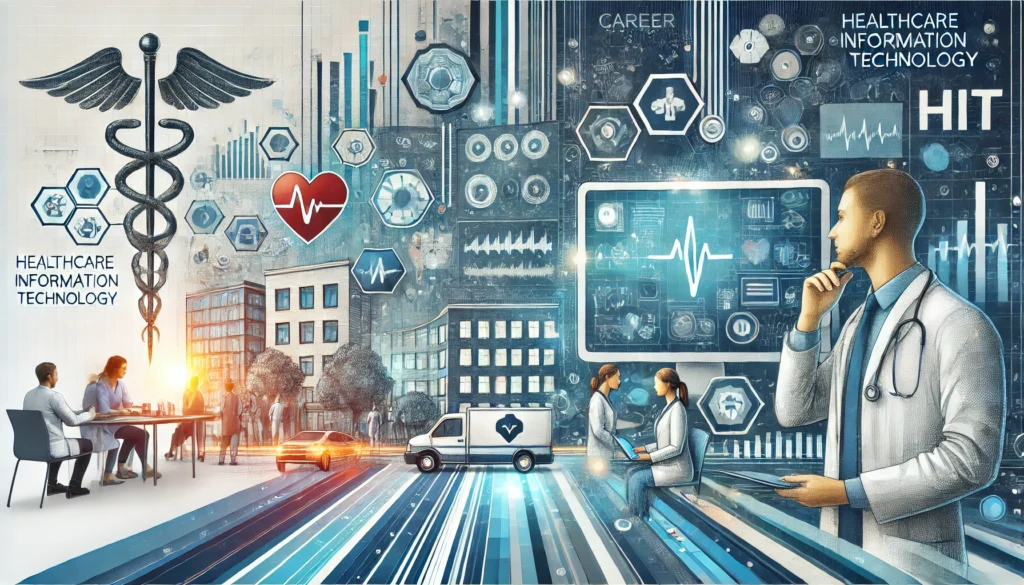
Understanding Healthcare Information Technology
Healthcare Information Technology refers to the use of digital tools and systems to store, analyze, and share healthcare data. It encompasses a wide range of applications, including electronic health records (EHRs), telemedicine, health information exchanges, and data security systems. By integrating technology into healthcare, Healthcare Information Technology aims to improve patient outcomes, streamline operations, and enhance data accuracy.
Why is Healthcare Information Technology a Growing Field?
Increasing Digitalization in Healthcare The shift towards digital healthcare solutions has driven the demand for Healthcare Information Technology professionals. Hospitals and clinics are adopting EHRs, telemedicine platforms, and AI-driven diagnostic tools to improve patient care and operational efficiency.
Government Policies Supporting HIT Many governments globally have mandated the use of EHRs and other digital tools, creating a surge in opportunities for Healthcare Information Technology specialists. In the U.S., for example, the Health Information Technology for Economic and Clinical Health (HITECH) Act has fueled HIT growth.
Need for Data Security With the rise of cyber threats, protecting sensitive patient information is critical. HIT professionals specializing in cybersecurity play a vital role in ensuring data safety and compliance with regulations like HIPAA.
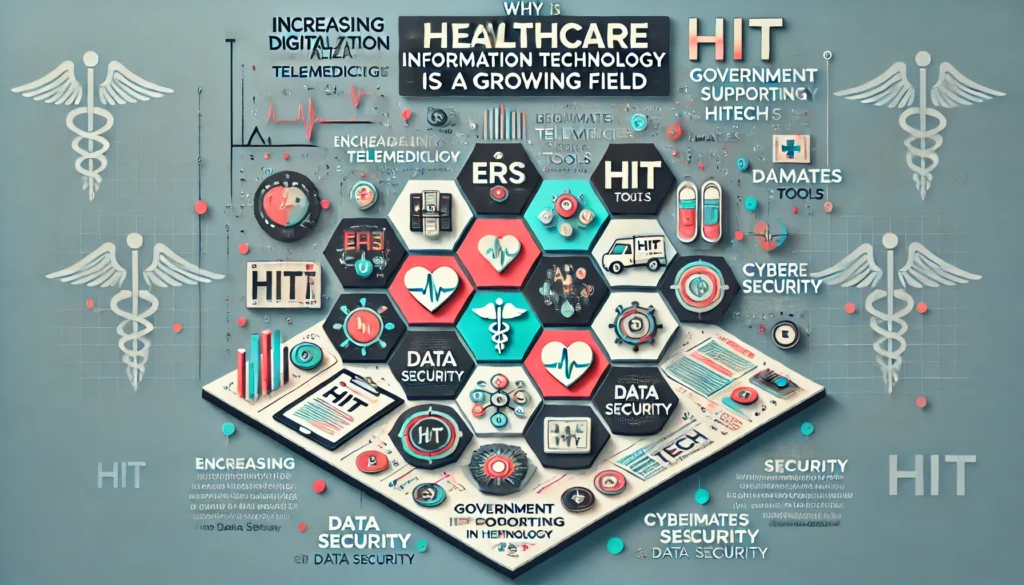
Benefits of Pursuing a Career in Healthcare Information Technology
High Demand and Job Security HIT is one of the fastest-growing sectors, offering stable employment opportunities as healthcare organizations continually invest in technology.
Competitive Salaries Due to its specialized nature, HIT professionals often earn competitive wages. Entry-level positions start around $50,000 annually, with senior roles surpassing $120,000.
Diverse Career Paths From data analysis and system administration to project management, Healthcare Information Technology offers various career options tailored to different skill sets.
Meaningful Work Professionals in Healthcare Information Technology contribute directly to improving patient care and healthcare delivery, making it a fulfilling career choice.
Challenges in Healthcare Information Technology
Rapid Technological Changes The fast-paced evolution of technology requires Healthcare Information Technology professionals to stay updated with the latest tools and trends, demanding continuous learning and adaptability.
Balancing Efficiency and Security Ensuring efficient healthcare operations while maintaining robust data security is a complex challenge in HIT.
High-Pressure Environment Given the critical nature of healthcare, HIT roles often involve tight deadlines and significant responsibility.
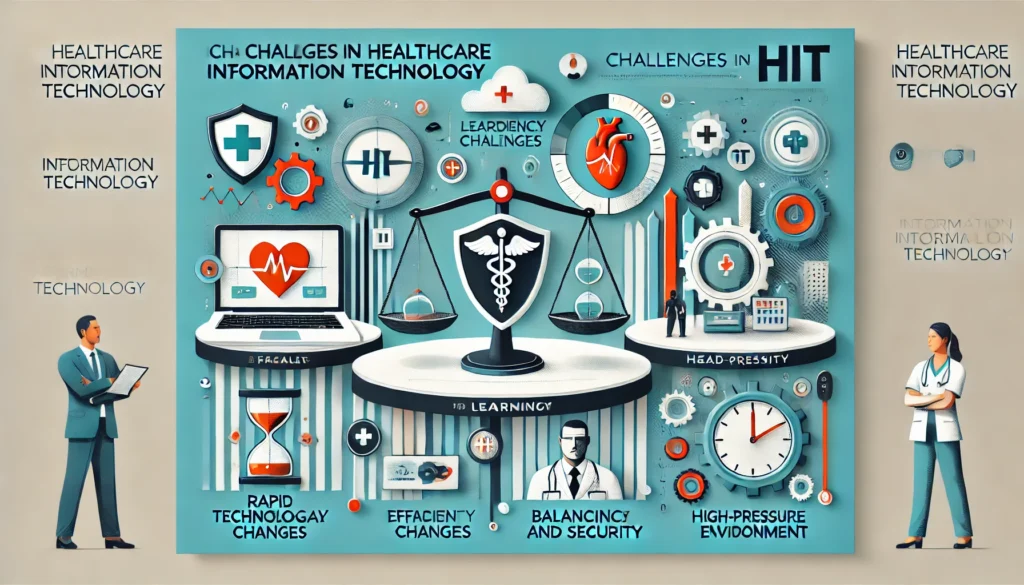
Skills Needed for Success in Healthcare Information Technology
Technical Expertise
- Proficiency in IT systems, databases, and programming languages.
- Knowledge of healthcare-specific software like EHR systems.
Understanding of Healthcare Processes
- Familiarity with medical terminology and workflows.
- Ability to collaborate with healthcare professionals effectively.
Analytical and Problem-Solving Skills
- Capacity to analyze complex data and develop solutions.
- Keen attention to detail for managing sensitive information.
Communication and Teamwork
- Strong interpersonal skills to liaise between IT and healthcare teams.
- Ability to explain technical concepts in simple terms.
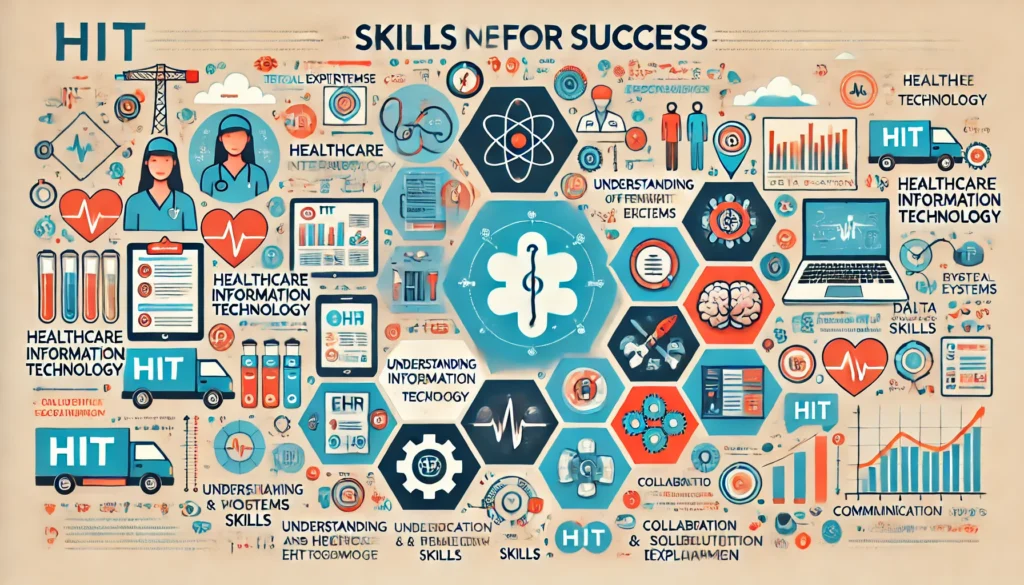
Career Opportunities in Healthcare Information Technology
EHR Implementation Specialist Focused on installing and maintaining electronic health records, this role ensures seamless integration of EHR systems into healthcare facilities.
Clinical Data Analyst This role involves analyzing healthcare data to identify trends, improve patient outcomes, and enhance operational efficiency.
Health IT Project Manager Project managers oversee the planning and execution of Healthcare Information Technology projects, ensuring they are completed on time and within budget.
Cybersecurity Specialist Responsible for safeguarding patient data and ensuring compliance with healthcare regulations.
How to Start Your Career in Healthcare Information Technology
Education and Certifications
- Obtain a degree in healthcare informatics, computer science, or a related field.
- Pursue certifications such as Certified Health Data Analyst (CHDA) or Registered Health Information Technician (RHIT).
Gain Relevant Experience
- Look for internships or entry-level positions in healthcare IT.
- Volunteer at healthcare facilities to gain hands-on experience.
Network with Professionals
- Attend industry conferences and seminars.
- Join online forums and professional organizations related to HIT.
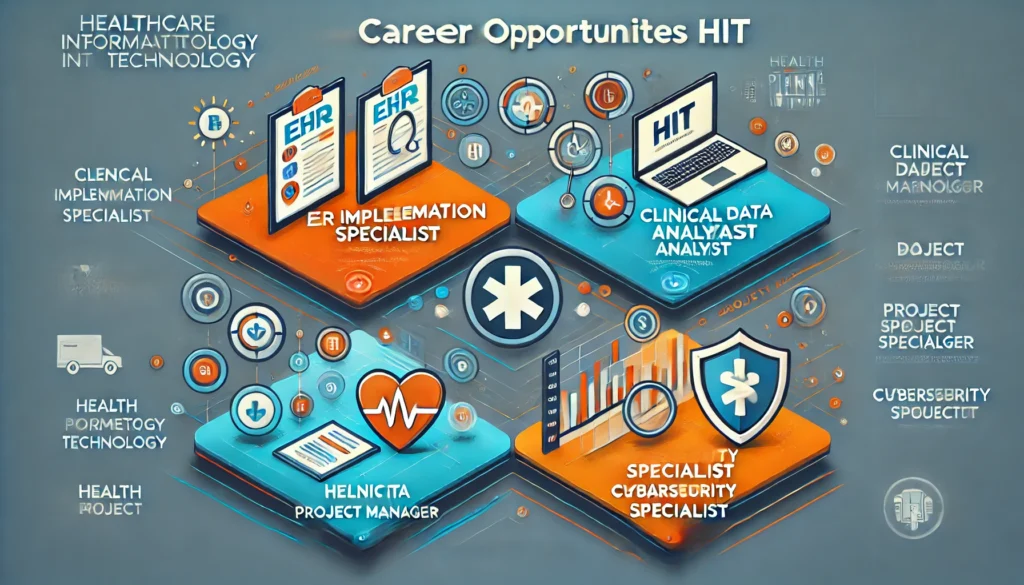
Conclusion:
Healthcare information technology is a promising career path for those passionate about technology and healthcare. It combines high demand, competitive salaries, and the opportunity to make a meaningful impact. Despite its challenges, Healthcare Information Technology offers a fulfilling and dynamic career that’s integral to the future of healthcare. With the right skills and dedication, you can thrive in this rapidly evolving field.
Q: What is the average salary for Healthcare Information Technology professionals?
Salaries range from $50,000 for entry-level roles to over $120,000 for senior positions, depending on experience and specialization.
Q: What qualifications do I need for a career in HIT?
A degree in healthcare informatics, computer science, or related fields is essential, along with certifications like CHDA or RHIT.
Q: Are there remote work opportunities in HIT?
Yes, many roles in HIT, such as data analysis and cybersecurity, offer remote or hybrid work options.
Q: Is HIT a suitable career for beginners?
Absolutely! Entry-level roles like IT support specialists and junior analysts provide a solid foundation for growth in this field.
Q: How can I advance in my Healthcare Information Technology career?
Continuous learning, gaining certifications, and taking on challenging projects are key to career advancement in HIT.
